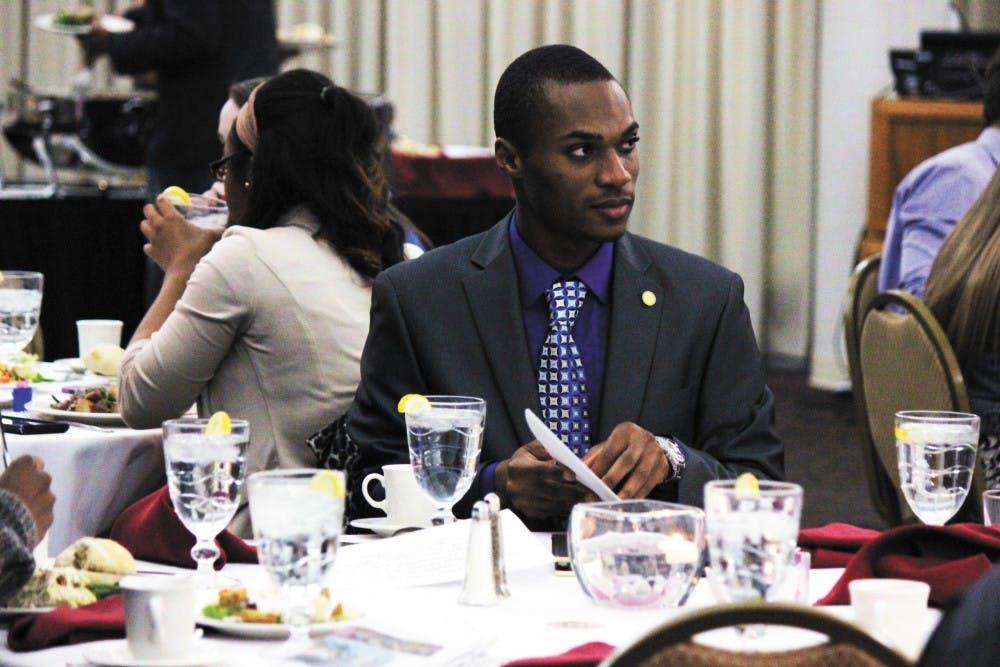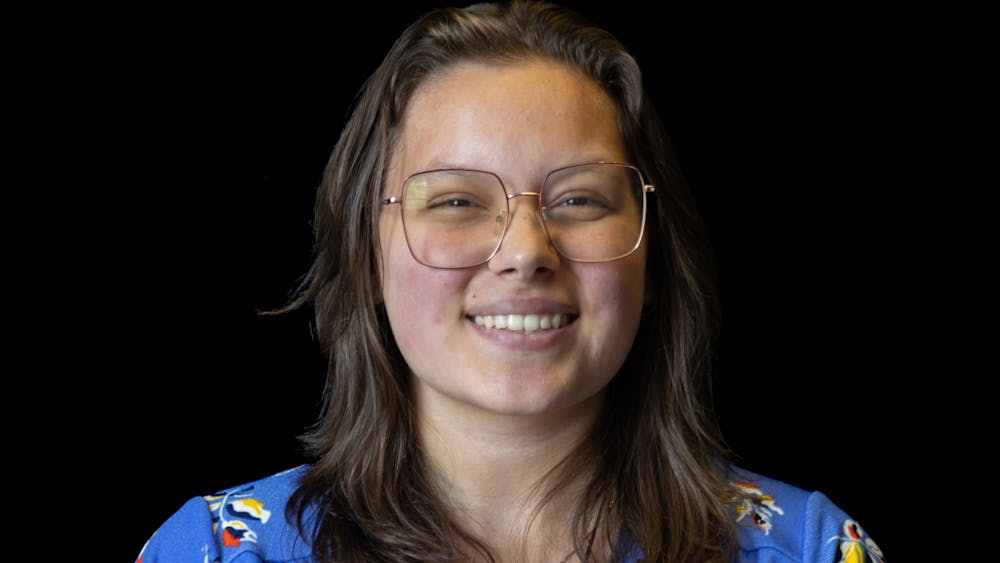Student organizations denied funding as SBAC runs out of money
Registered Student Organizations in need of financial support to pay conference or registration fees will receive no funds from the Student Budget Allocations Committee.
SBAC, the organization responsible for paying registration fees, bringing in guest speakers and funding RSO-centered projects, has run out of money.
SBAC Chairperson Shelbe Klebs said this happens every year.
“The fiscal year (for SBAC) goes from July to July, so our budget gets established about the middle of July," Klebs said. "It would hopefully last to the following July or at least May but (it doesn’t).”
More than 20 requests for funding were received by SBAC during spring break alone.
Since then, more RSOs have been denied.
“There is a number of RSOs that I do think (SBAC running out of money) will really hurt,” Klebs said. “Especially when you get smaller RSOs, a lot of times they get a substantial amount of their funding from outside sources like SBAC and department funding. It’s at that point in the semester where a lot of that money is starting to dry up.”
SGA Vice President Maggie Blackmer said she does not see SBAC running out of funds as a negative thing, “glad” to see students utilizing it.
“I would rather have the money run out and we no longer have any funding to give, rather than have an abundance of money that no one can use and (RSOs) didn’t know they could use,” Blackmer said.
SGA is in the process of requesting an increase in the Campus Programming Fund. The current budget, which funds organizations such as SBAC and Program Board, has not seen an increase in the past 14 years.
Blackmer said she is positive University President George Ross and the Budget Priorities Committee will approve the increase in financial aid.
“(SGA president) Chuck (Mahone) and I are very confident there will be an increase in campus funding,” Blackmer said. “As we said during our inauguration ceremony, we will make sure (increasing SBAC) is one of our priorities.”
Mahone did not share Blackmer’s optimism.
“The only reason (SBAC) has lasted this long is because of Shelbe (Klebs) and the committee equally doling out funds and trying to be very realisitic with how many applications they’re going to get,” Mahone said. “This is a perfect example of why we need more funding—because we have a month left of school and we’re already out.”
In February, Mahone went before the Board of Trustees to ask for an increase of $327,000. The Budget Priorities Committee recommend an increase of only $150,000.
As of now, the administration has not told SGA if they will receive the funding increase.
SBAC is not set to receive its yearly replenishment of funds until July, where the university will set aside the standard amount of $80,000 for the committee. The overall budget for SBAC has stayed “pretty consistent” over the last three to four years, Klebs said.
“The (CPF) hasn’t increased, but (the university) has expanded the amount of programs the CPF money is meant to be used for,” Klebs said. “We’re basically meant to stretch that pot (of funding), which has been the same for however many years, over a wider range of programs and offices which makes really difficult to decide who needs the money the most.”
Students and RSOs could abuse SBAC funding, but Blackmer said this is unlikely.
“SBAC never fully funds any application,” Blackmer said. “Sitting on the committee last year, there’s no way that we can because the percentage to ratio of how many students are going per conference—with some conferences costing $100 per person, where as another may cost $1,100—people are (just) using SBAC to the best of their abilities.”
Until an increase is seen, however, SBAC will continue to turn away applications for financial aid for RSOs.
“If (getting CPF increased) was a priority, we wouldn’t be having this conversation because when the university has a priority, they make sure it gets done,” Mahone said. “We have three major construction projects going on right now – a lacrosse field, a hotel and a $90 million Biosciences Building—we’re not even asking for a fraction of the funds it takes to do any of that. It’s obviously not a priority for (the university).”





